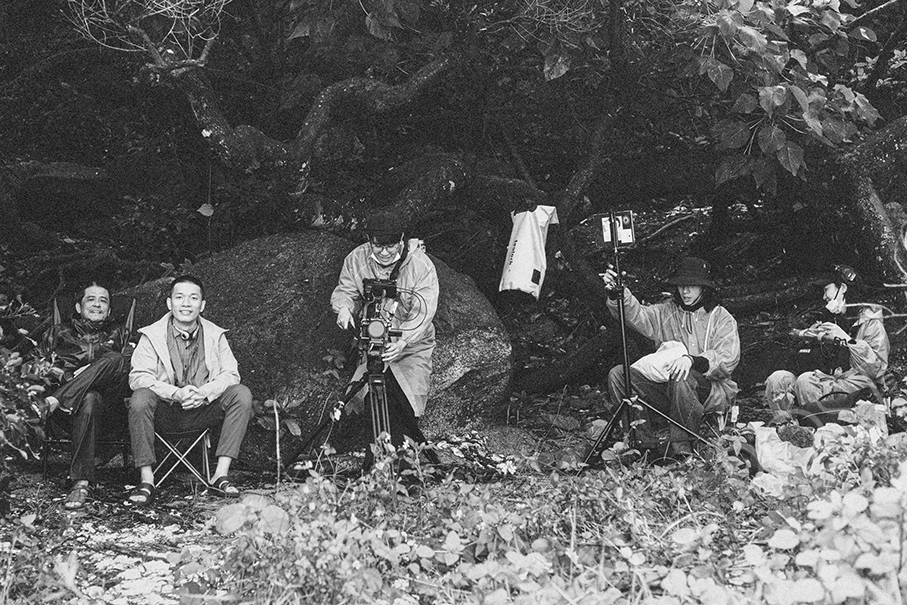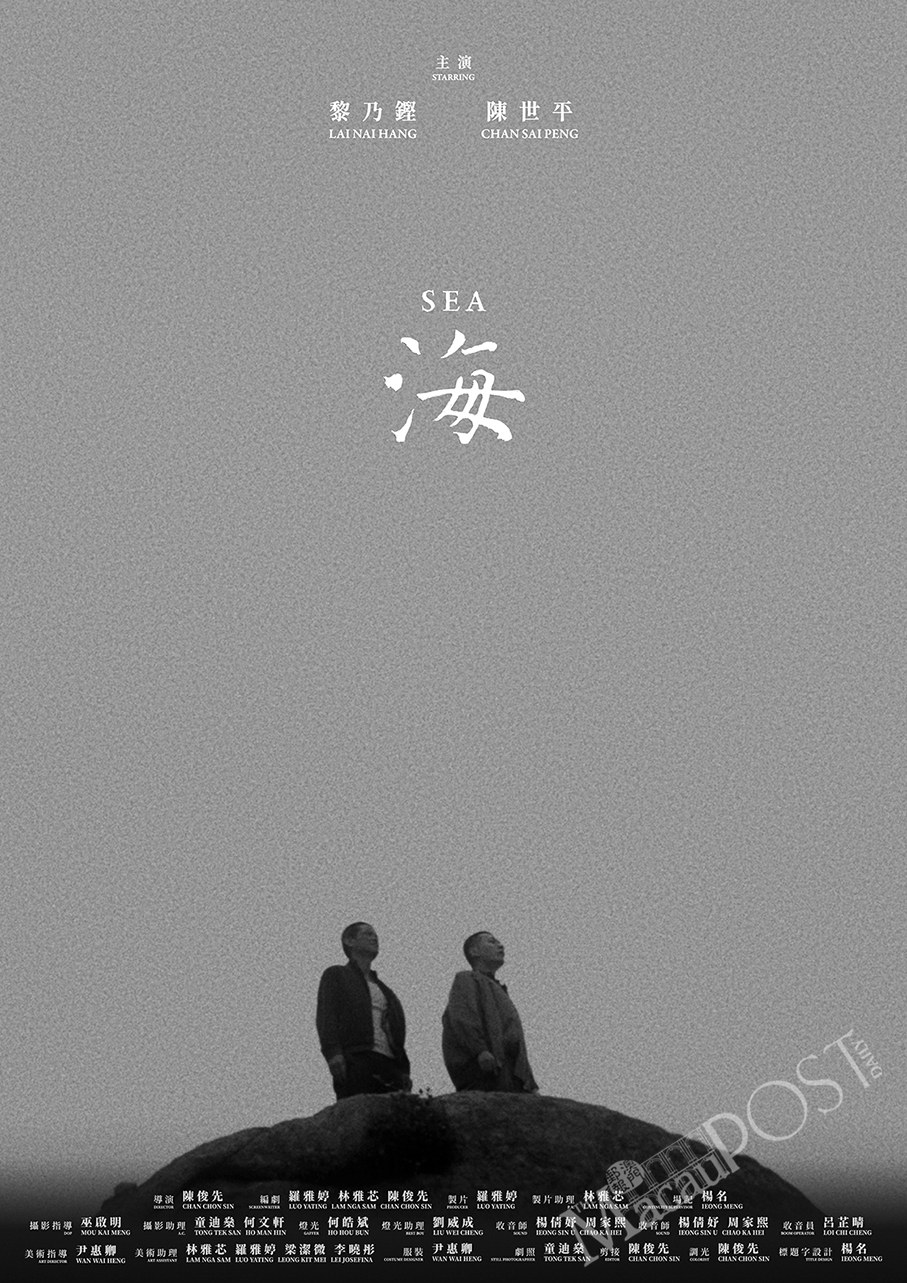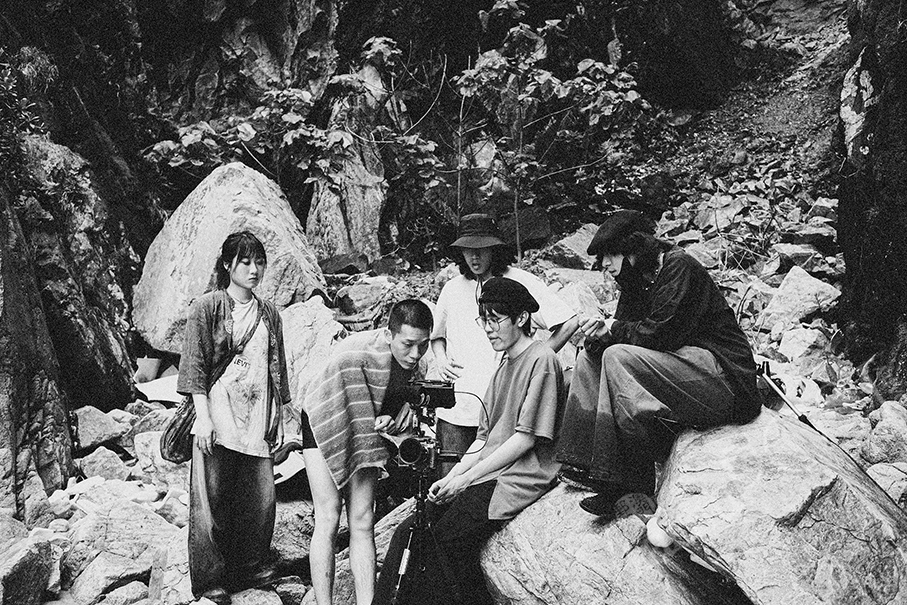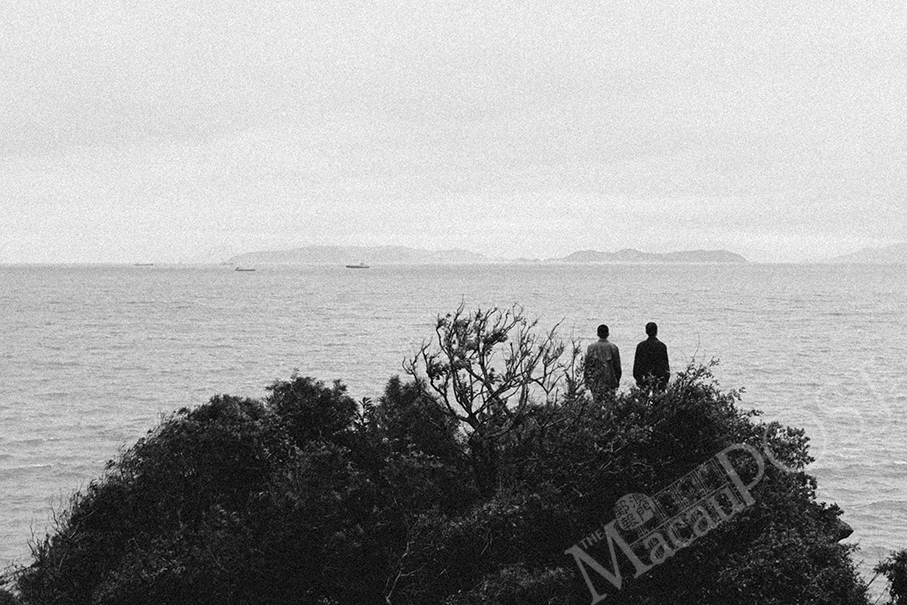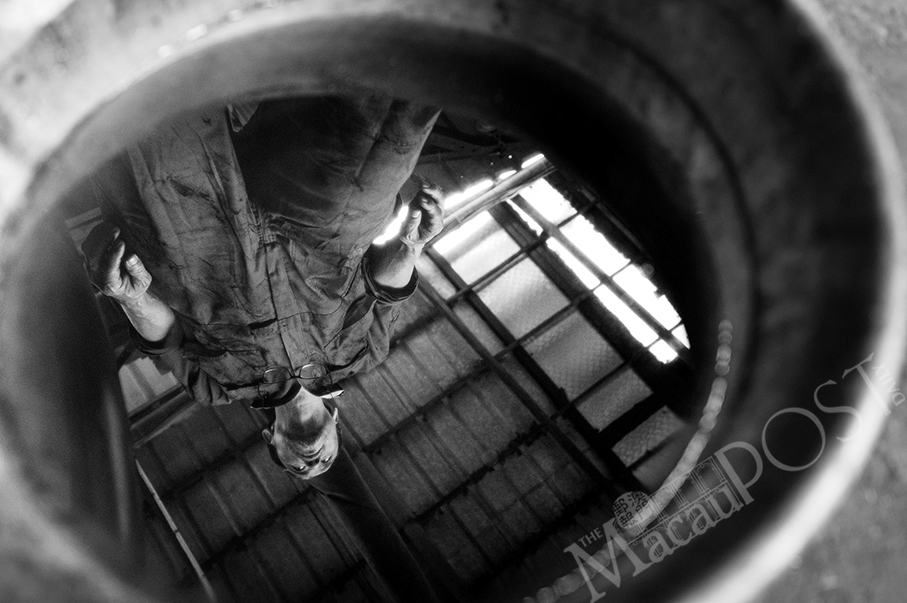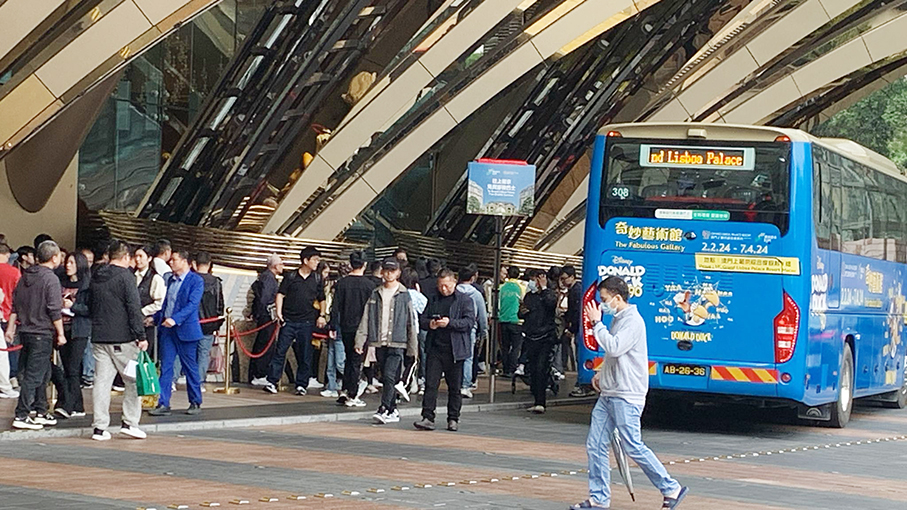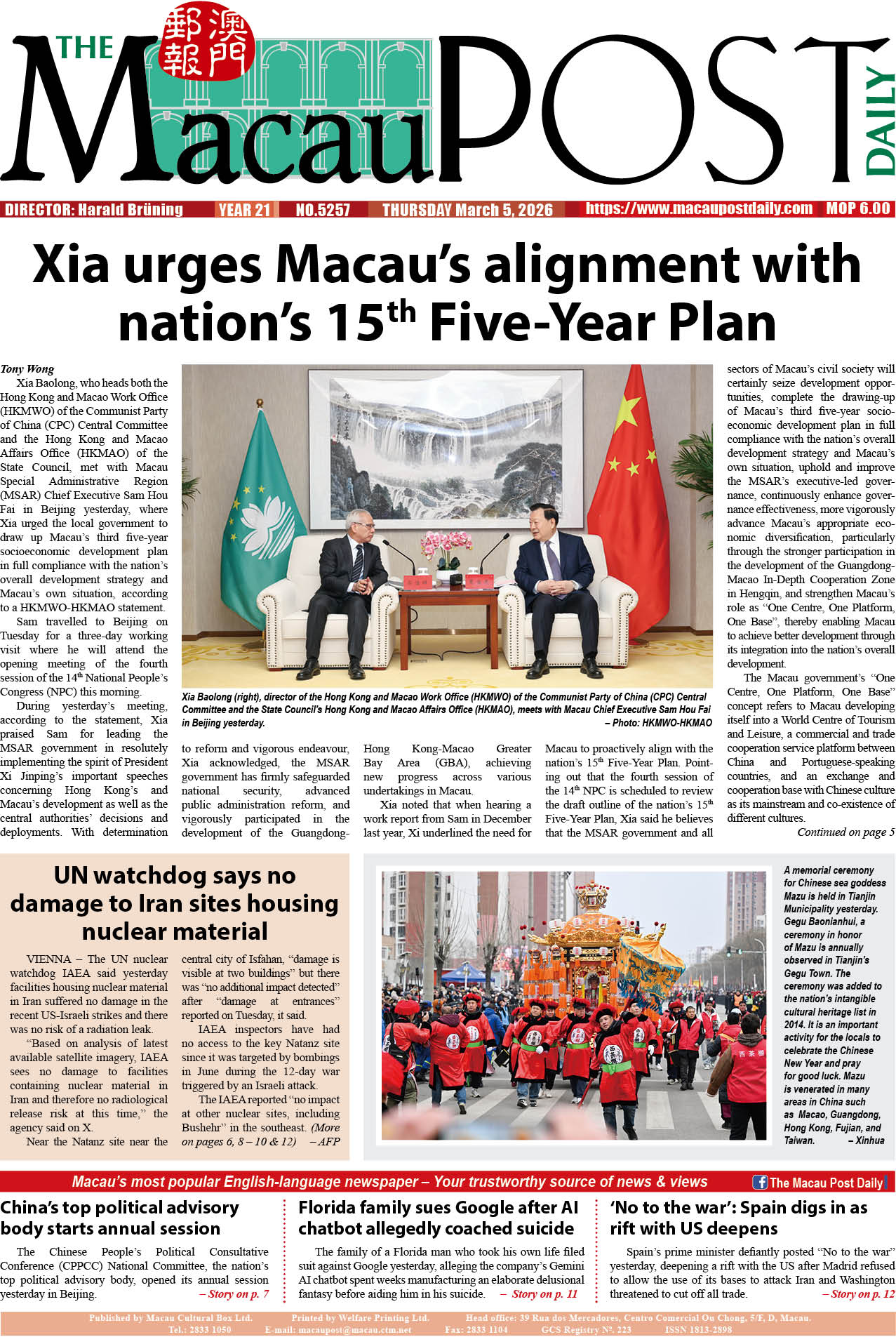On September 9, director Chan Chon Sin and his University of Macau (UM) crew members’ film “Sea” won the award for “Best Short” in the “‘On The Road’ Macao Youth Film Festival”.
The film festival, which attracted over 20 entries from local young people, was held at the Cinematheque • Passion located in Travessa da Paixão near the Ruins of St Paul’s, where director Chan; scriptwriter Lam Nga Sam; production designer Wan Wai Heng; and cinematographer Mou Kai Meng talked about their film-making experience in an exclusive interview with The Macau Post Daily after the award ceremony.
The film festival’s jury remarked that “Sea’s” cinematography and the balanced control between sound, image and performance created a sense of contrast between the openness of the sea and imprisonment of fate.
Sea as liberty
The crew said that before they were invited to the film festival, “Sea”– completely self-funded– was produced as a final year project for their bachelor’s degree in communication. “Our professor gave us the theme of ‘worlding’: to create our own worldview. After weeks of discussions and conceptualisation on the abstract topic, the director [Chan] said that ‘Sea’ would be the concept to be worked on,” Mou and Wan said.
For Chan, metaphor is crucial for expressing values and ideas in subtlety. “We feel that the sea is a good concept to work on because for me, the sea represents something that’s infinite. The story of the movie was developed around the ‘sea’ concept, and finally became a tale about a young man wanting to escape in the sea from an island he was stuck on. The plot was inspired by the recent situation in Macau [under the COVID-19 pandemic]: an ‘island’ from which we could not ‘escape’; a more profound representation of the sea, far away from societal reach, is to break the chains given by the moral judgments around us.”
Lam said that the plot revolves around a young man who had been living alone on the island until he met a car mechanic where the two developed a mentor-student relationship. “We put a lot of emphasis on how the two communicate with each other, combining various stage props, dialogues and theatre to facilitate the feeling of desolation on the island. Most of the scene was inside a garage which represents an anachronistic steampunk, we wanted to strip the scene away from the metropolis perspective that is often associated with Macau,” Lam and Chan said.
The charm in film-making
When asked what the protagonist was like, the quartet said that there was no definite answer. “A successful story should resonate with the audience and connect with their life experiences. There is no background or identity for the protagonist, except a dweller of the island. He is just, is. We wanted the audience to interpret the protagonist in their own way,” Mou said.
The quartet agreed that one of the most charming things in film-making is to discern the different perspectives of the audience. “It is always fascinating to see how people view the films differently to us. We put in a lot of effort and time to shape concepts such as loneliness, relationships, liberty and risk metaphorically. While some may not grasp them, we consider it necessary to leave out the concrete description of scenes and let the imagination of the audience fly a bit,” Chan and Lam said.
In the end, the protagonist chose to leave the island and enter the sea, while his mentor, who also wished for liberty, was frightened by the uncertainty however and chose to stay. “We did not address the exact ending of the film. The audience could ‘choose’ the endings for themselves,” Chan added.
Lai Nai Hang acting the protagonist, said in an online interview that the last scene when he was walking into the sea, naked, was a deeply profound yet frightening scene. “To keep in character when stepping into the sea with chilling waves hitting you was indeed the most difficult task I have done as an actor. For the director, it was stepping in unknown territories; for me, it was embracing death,” Lai said.
No film is perfect, but the crew members affirmed that they did their best throughout the academic year to produce the best thing they possibly could have. “We don’t feel any regrets. This will be a moment to cherish despite the unknown future we’ll have,” the quartet said, reconciling the ending of their film– “Sea”.
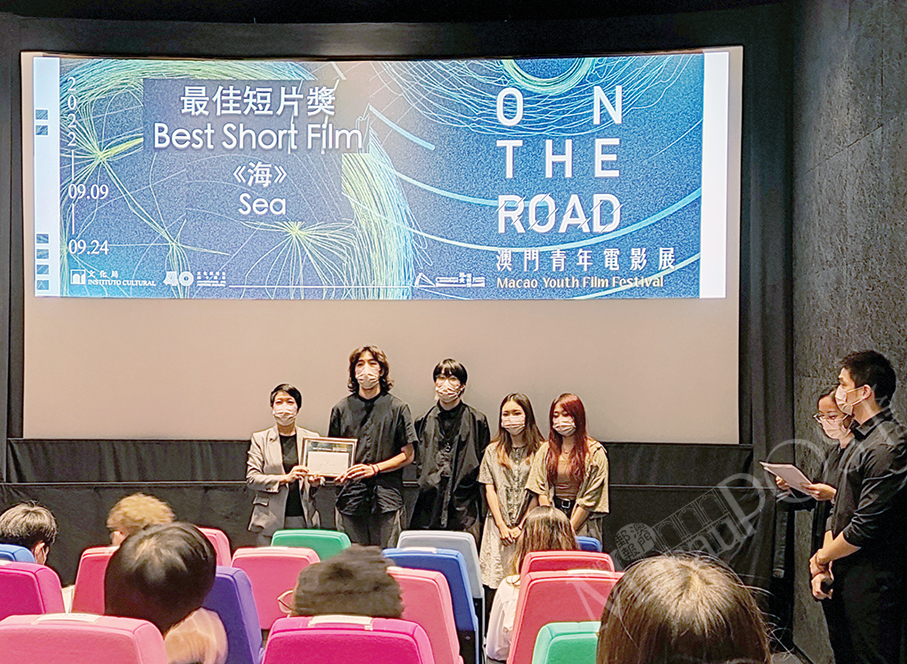
Cultural Affairs Bureau (IC) President Leong Wai Man (left) hands over the award for “Best Short” to director Chan Chon Sin (centre left), cinematographer Mou Kai Meng (centre), scriptwriter Lam Nga Sam (centre right) and production designer Wan Wai Heng earlier this month at Cinematheque•Passion. – Photo: William Chan
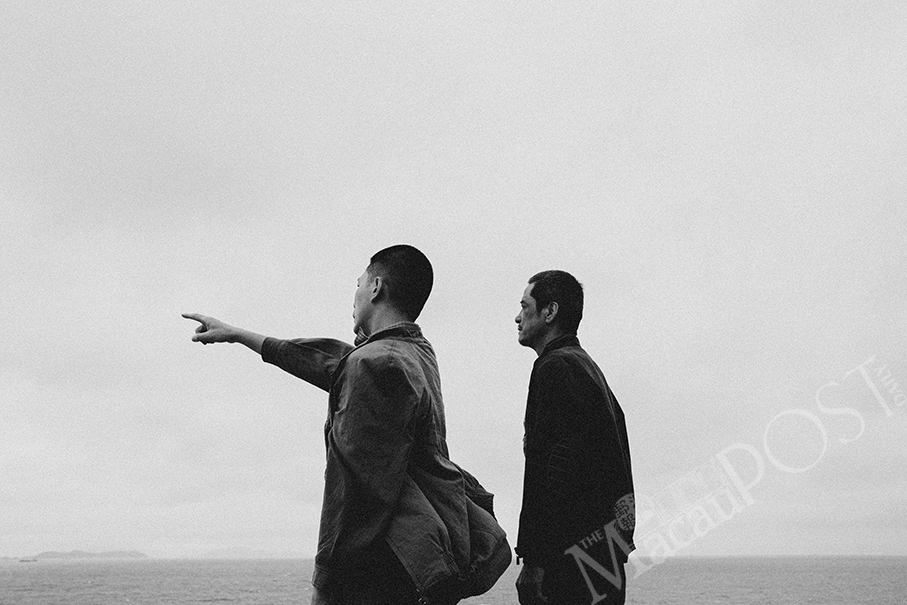
The protagonist played by Lai Nai Hang (left) and the car mechanic played by Chan Sai Peng survey the sea in Coloane on March 8. Photo provided by Chan Chon Sin
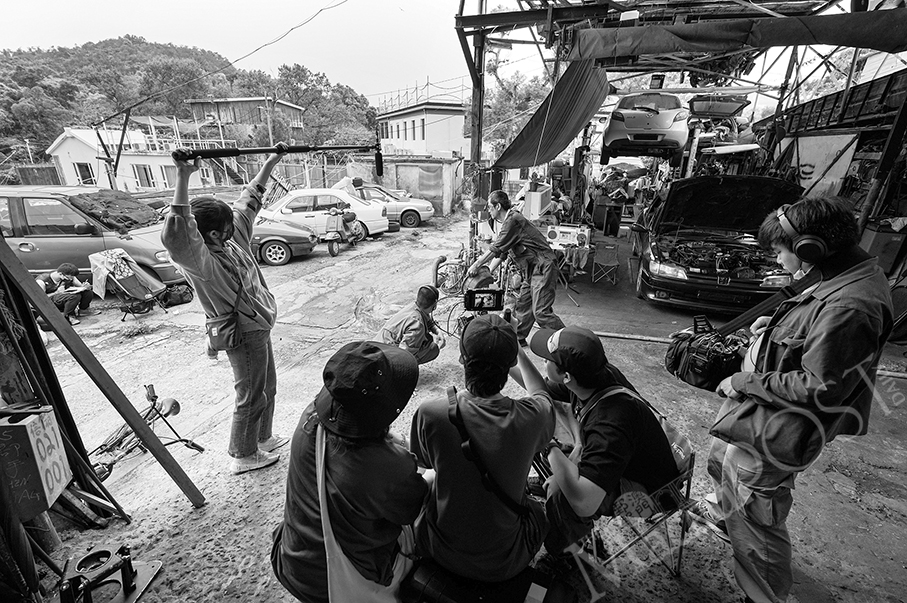
These photos taken in Coloane show the filming of scenes of Chan Chon Sin’s “Sea” in March this year. – Photos provided by Chan
